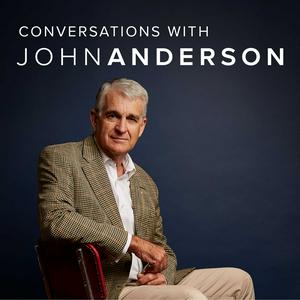John Anderson speaks with Ayaan Hirsi Ali to examine the growing ideological, spiritual, and civilisational pressures confronting the West. Drawing on her personal experience, historical analysis, and cultural commentary, Hirsi Ali argues that radical Islam, institutional secularism, and the erosion of Western moral confidence are converging to produce a crisis of identity and social cohesion. This conversation traces the theological roots of modern Islamic extremism, the relationship between Islam and political power, the limits of multicultural integration, and the consequences of abandoning the cultural and moral foundations that once sustained liberal democracy. It is a candid and confronting discussion that challenges prevailing assumptions about tolerance and pluralism, calling for a renewed seriousness about the civilisational principles required to preserve social stability. Ayaan Hirsi Ali is a writer, public intellectual, and former member of the Dutch parliament. Born in Somalia and raised in multiple Islamic societies, she later became a prominent critic of political Islam and an advocate for liberal democracy, women’s rights, and freedom of conscience. She is the author of Infidel and other internationally recognised works on religion, culture, and identity.


